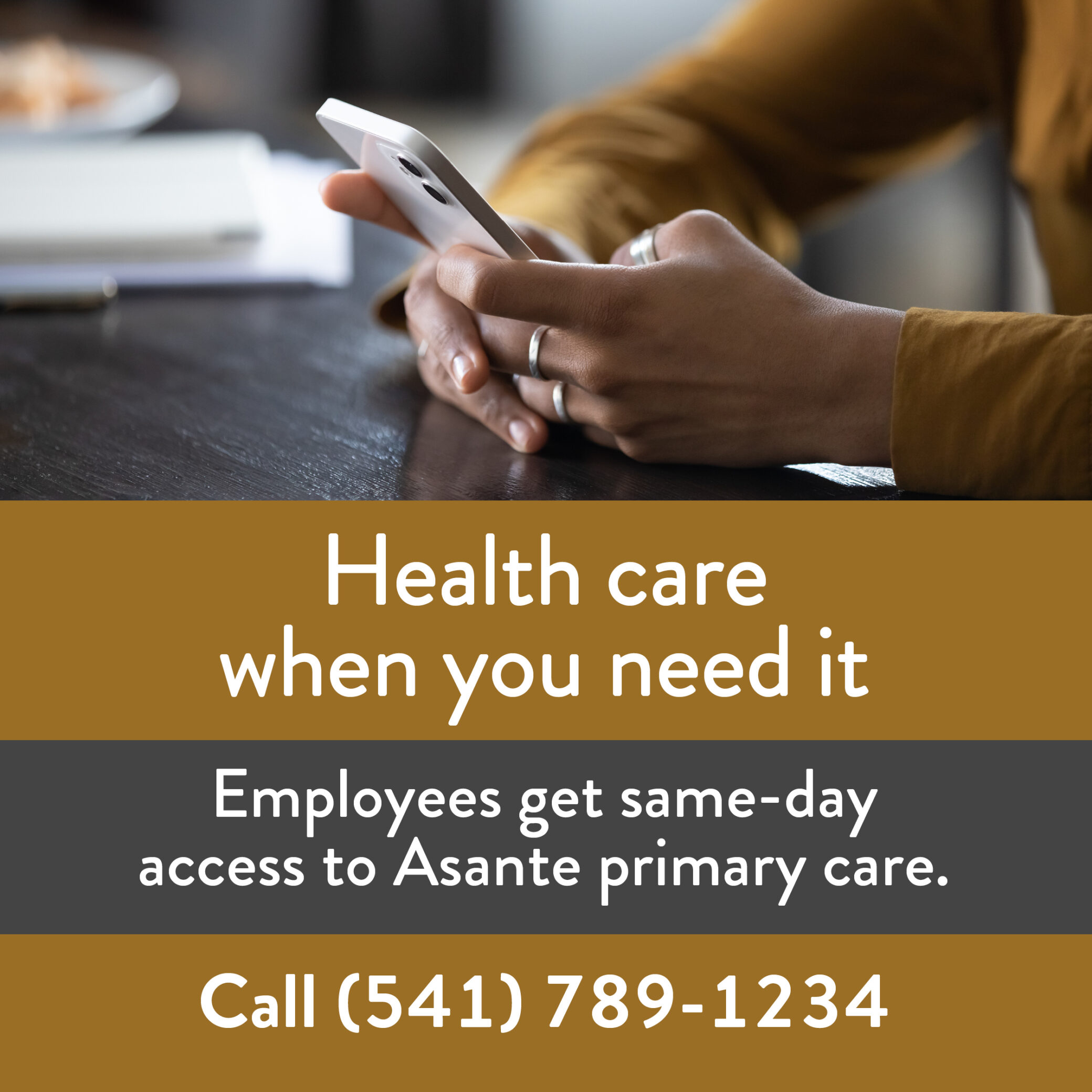Share:
One common concern among women who are breastfeeding, pregnant or want to become pregnant is whether the COVID-19 mRNA vaccines pose a risk to themselves or their child.
A recent study published in the New England Journal of Medicine evaluated 3,985 women who received the vaccine in pregnancy and found no apparent increased risks for miscarriage, fetal malformations, preterm birth, poor fetal growth or stillbirth. Although this is a preliminary study and long-term follow-up is certainly needed, this data is reassuring regarding the safety of vaccination in pregnancy.
 There is also good evidence that pregnant women have a robust immune response to vaccination compared with non-pregnant women and that this response is greater than that of a natural infection. Additionally, this study found that antibodies made by pregnant women after vaccination are passed to the fetus via the placenta before birth and via breast feeding to the newborn after delivery, providing at least some immune protection for the baby. Several additional studies have confirmed the safety of vaccination while breastfeeding.
There is also good evidence that pregnant women have a robust immune response to vaccination compared with non-pregnant women and that this response is greater than that of a natural infection. Additionally, this study found that antibodies made by pregnant women after vaccination are passed to the fetus via the placenta before birth and via breast feeding to the newborn after delivery, providing at least some immune protection for the baby. Several additional studies have confirmed the safety of vaccination while breastfeeding.
It is important to note that the mRNA vaccines (Pfizer and Moderna) do not contain a live virus and so cannot give anyone the disease, nor do they affect fertility. Additionally, the vaccine cannot cause genetic changes because it cannot interact with the mother’s or baby’s DNA. Similarly, the modified adenovirus vector version of the vaccine (Johnson & Johnson) cannot cause illness. Similarly produced vaccines for other illness do not cause poor pregnancy outcomes.
These early studies are encouraging, especially given the high risks associated with COVID-19 infection among pregnant women. Women who become symptomatic are more likely to need hospitalization and intensive care admission and face a greater risk of death. In those with additional medical conditions such as diabetes, obesity or cardiovascular disease, the risks are even greater. In addition to an increased risk for severe maternal illness, the risk for pregnancy complications such as preterm birth also increases.
The CDC recommends that women consider their individual risk of exposure to SARS-CoV-2, the potential risks of severe illness for themselves and their babies, how well the vaccine works and the evidence so far about vaccine safety. Fortunately, currently available evidence suggests that COVID vaccination is safe in pregnancy and should be offered to all pregnant women.
If you have a question, please contact the author or relevant department directly.



